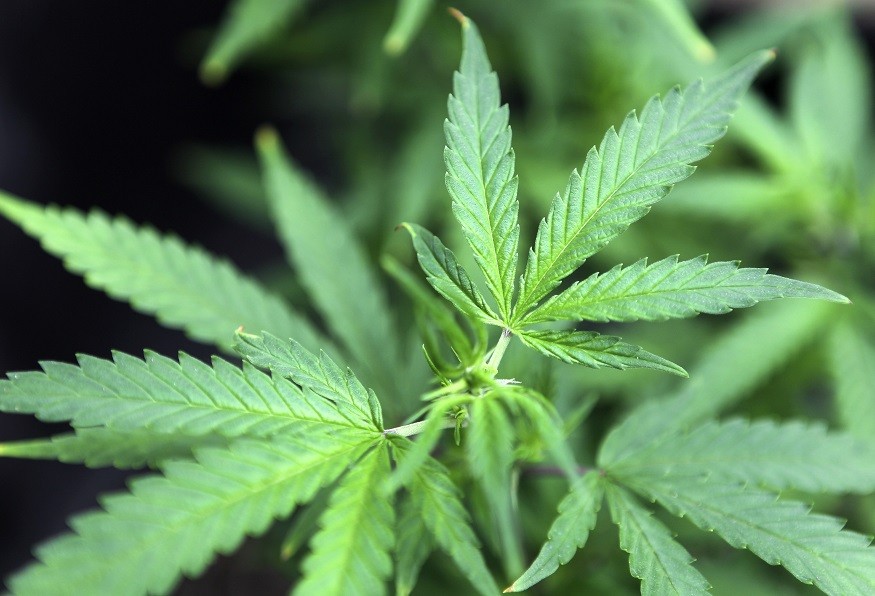
“Cannabis sativa L. contains numerous compounds with antioxidant and anti-inflammatory properties, including the flavonoids and the cannabinoids, particularly Δ-9-tetrahydrocannabinol (THC) and cannabidiol (CBD).
Cannabinoids have an effect on the endocannabinoid system (ECS), a cellular communication network, and are, hence, widely studied for medical applications.
Epidiolex®, a 99% pure oral CBD extract, has been approved by the FDA for the treatment of epilepsy. Nabiximols (Sativex) is an oromucosal spray containing equal volume of THC and CBD, and it is commonly used as an add-on treatment for unresponsive spasticity in multiple sclerosis (MS) patients.
Several in vitro and in vivo studies have also shown that cannabinoids can be used to treat various types of cancer, such as melanoma and brain glioblastoma; the first positive clinical trials on the anticancer effect of a THC:CBD blend with temozolomide (TMZ) in the treatment of highly invasive brain cancer are very promising.
The cannabinoids exert their anticancer properties in in vitro investigations by the induction of cell death, mainly by apoptosis and cytotoxic autophagy, and the inhibition of cell proliferation. In several studies, cannabinoids have been found to induce tumor regression and inhibit angiogenic mechanisms in vitro and in vivo, as well as in two low-numbered epidemiological studies.
They also exhibit antiviral effects by inhibiting ACE2 transcription, blocking viral replication and fusion, and acting as anti-inflammatory agents; indeed, prior CBD consumption (a study of 93,565 persons in Chicago) has also been associated with a much lower incidence of SARS-CoV-2 infections.
It is postulated that cannabis extracts can be used in the treatment of many other diseases such as systemic lupus erythematosus, type 1 diabetes, or various types of neurological disorders, e.g., Alzheimer’s disease.
The aim of this review is to outline the current state of knowledge regarding currently used medicinal preparations derived from C. sativa L. in the treatment of selected cancer and viral diseases, and to present the latest research on the potential applications of its secondary metabolites.”
https://pubmed.ncbi.nlm.nih.gov/39684447/
“C. sativa L. is an extraordinary plant that provides a valuable raw material for medical applications. Its secondary metabolites, cannabinoids, have attracted growing interest in the fight against illness, mainly due to their effect on CB1 and CB2 cannabinoid receptors.”






